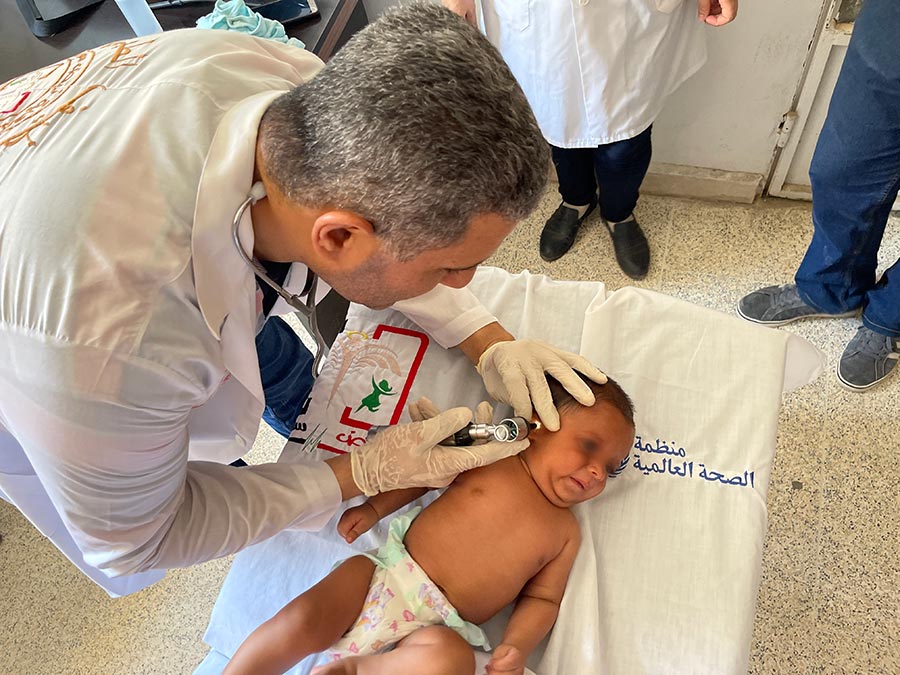 As World Hearing Day approaches on March 3, 2024, the global community is gearing up to embrace the theme: “Shifting mindsets: Make ear and hearing care a reality for everyone!” Communities around the world celebrate this global day to raise awareness of hearing loss and advocate for ear care. This year's theme challenges us to rethink our approach to hearing health, given the urgent need for improved access and increased inclusion.
As World Hearing Day approaches on March 3, 2024, the global community is gearing up to embrace the theme: “Shifting mindsets: Make ear and hearing care a reality for everyone!” Communities around the world celebrate this global day to raise awareness of hearing loss and advocate for ear care. This year's theme challenges us to rethink our approach to hearing health, given the urgent need for improved access and increased inclusion.
Hearing loss is a widespread and often underestimated global health problem that affects people of all ages. In the WHO Eastern Mediterranean Region, 78 million people currently live with hearing loss. More than 2 million children in the region between the ages of 0 and 15 are affected by disabling hearing loss and require rehabilitation to reduce the negative impact on their lives. By 2050, the region's 194 million people will I have hearing problems.
Almost 80% of people with hearing loss live in low- to middle-income countries, and most do not have access to the interventions they need. The negative effects of untreated hearing loss go beyond the individual, affecting families, communities, and society as a whole.
Worldwide, the unmet costs of hearing loss, including healthcare, lost productivity, and educational challenges, impose an annual economic burden of nearly US$1 trillion. In the Eastern Mediterranean region alone, hearing loss costs communities US$30 billion annually.
However, ear and hearing care interventions have proven to be cost-effective. Providing ear care services requires an additional investment of less than $0.90 per person per year. This investment promises him a return of almost $7 for every $1 spent over 10 years.
These numbers drive home the urgent need to prioritize ear and hearing health. Investments to expand access to ear and hearing care services are critical. The theme of World Hearing Day 2024, 'Change Mindset', reflects the importance of making ear and hearing care accessible to all. This includes breaking down barriers to access, such as financial constraints, lack of awareness, and social stigma around hearing health.
The change in mindset also includes a shift to proactive measures for early detection and intervention to reduce the impact of hearing loss. Such measures include newborn and infant screening at all levels of the health care system. Promoting regular hearing tests and incorporating hearing screening into routine medical interventions are also important steps toward a healthier population.
Creating an inclusive environment in a variety of settings, including education and the workplace, is fundamental to the health and well-being of people with hearing loss. Considerations such as sign language interpretation, the provision of assistive technology, and support policies can help ensure that people living with hearing loss can thrive at all levels, academically, professionally, and socially.
Together, we can make ear and hearing care a reality for everyone.
Related Links
World Hearing Day 2024
World hearing report
Ear and hearing care in the Eastern Mediterranean region
Policy overview on integrated human-centered ear and hearing care
Primary Ear and Hearing Care: Training Manual
World Health Assembly Resolution WHA70.13: Prevention of hearing loss and deafness

